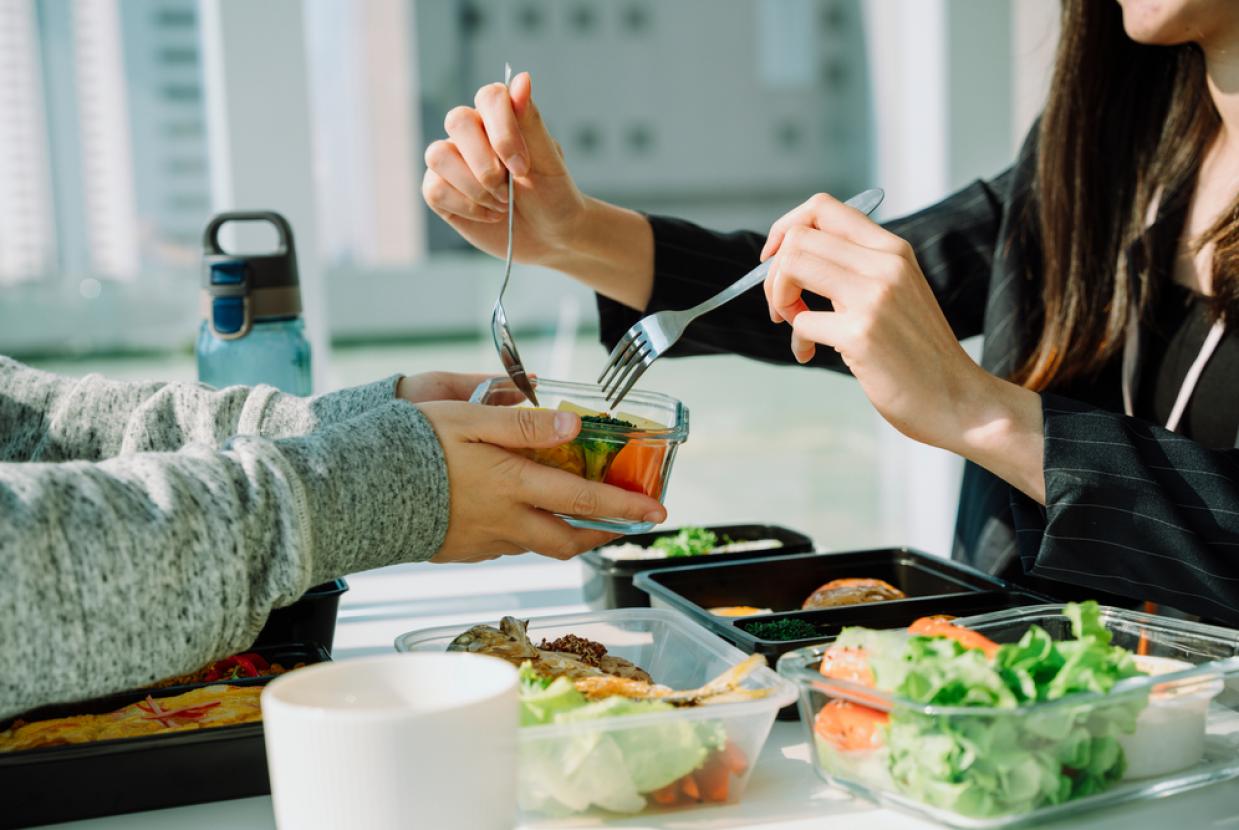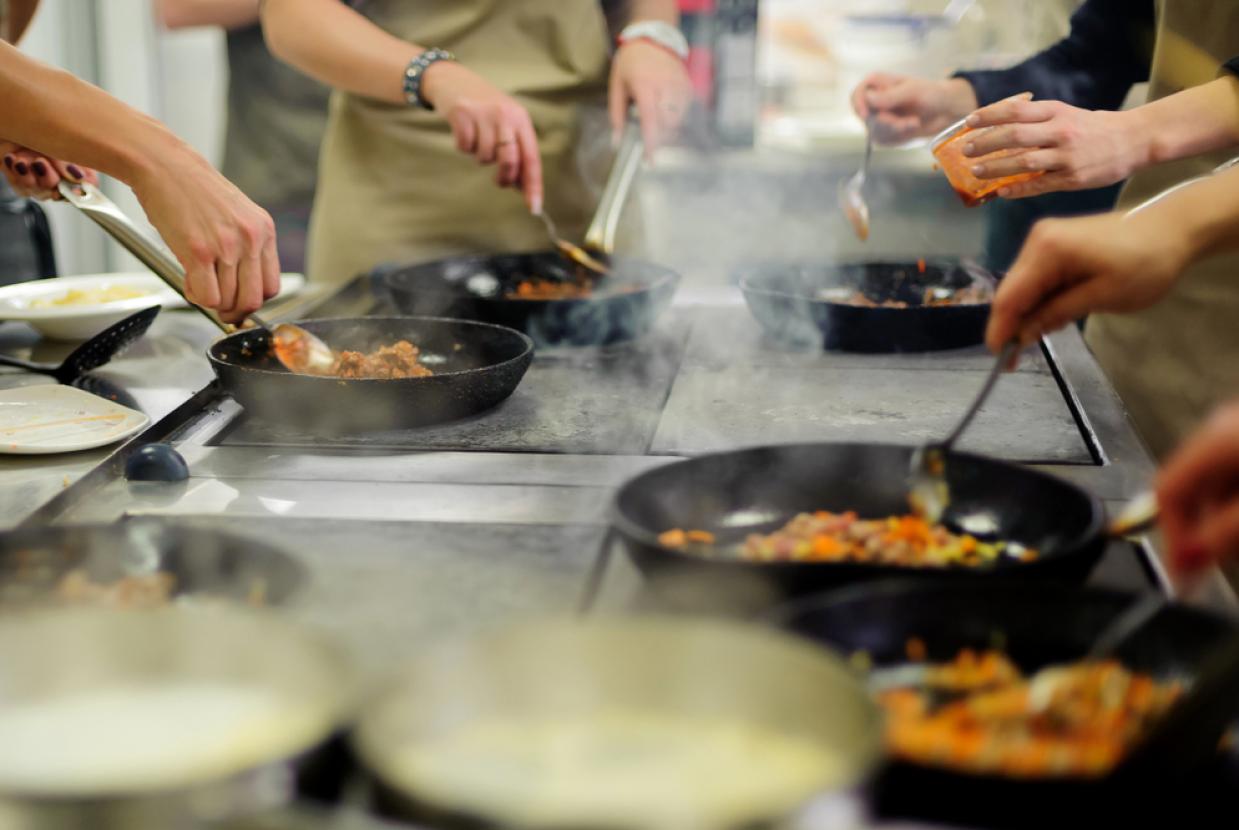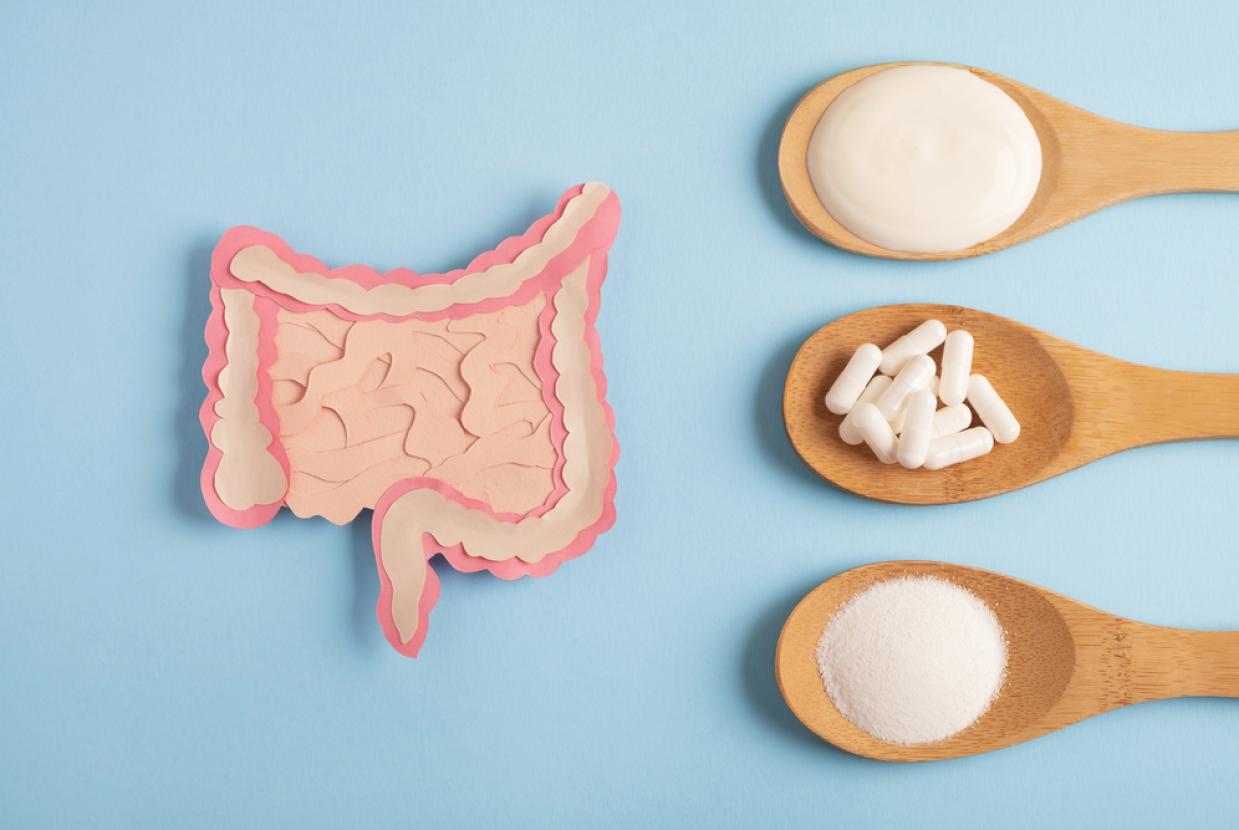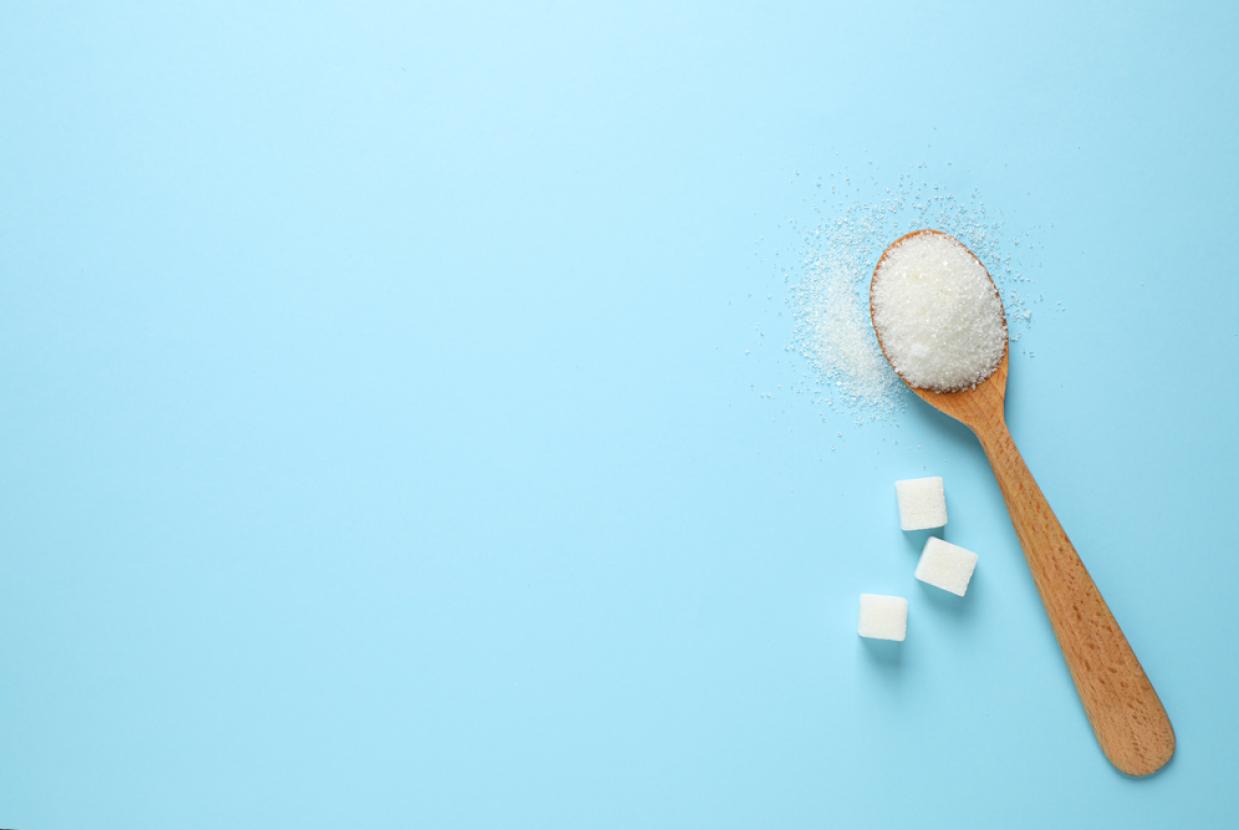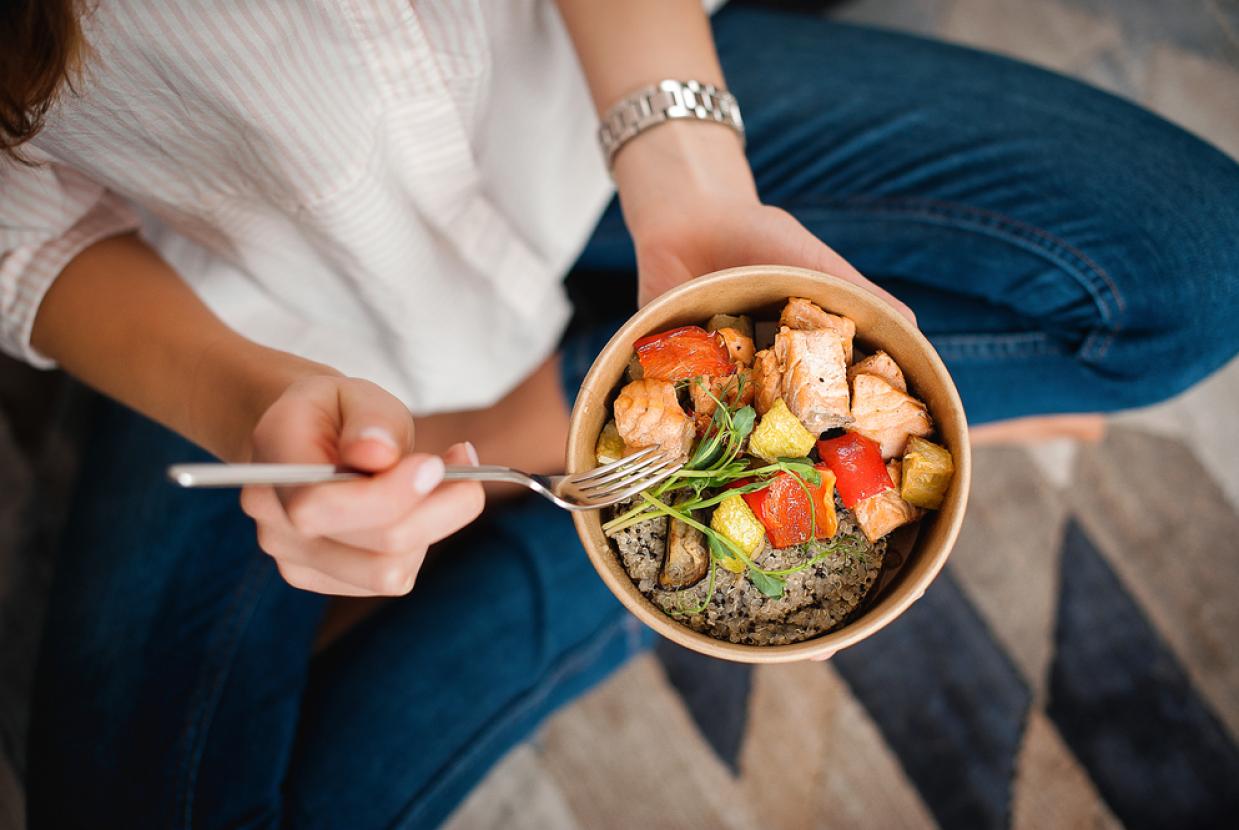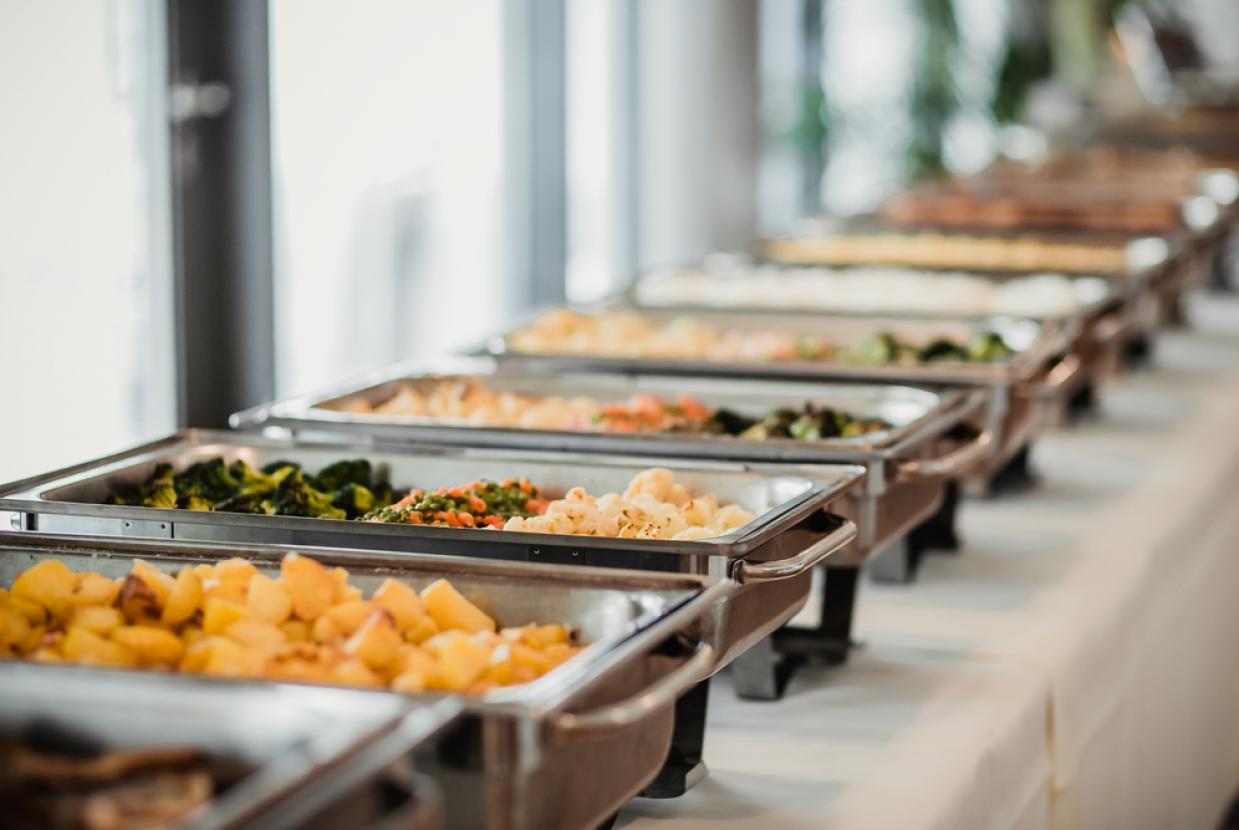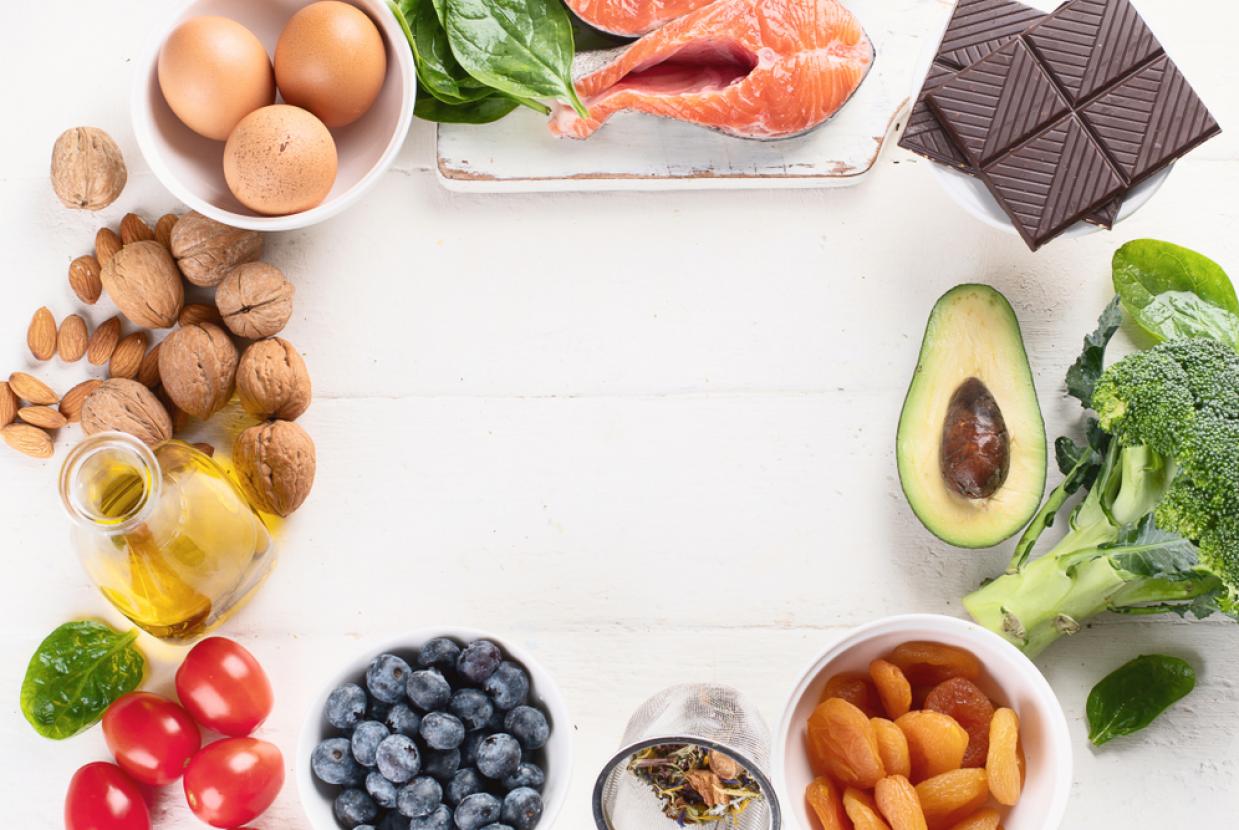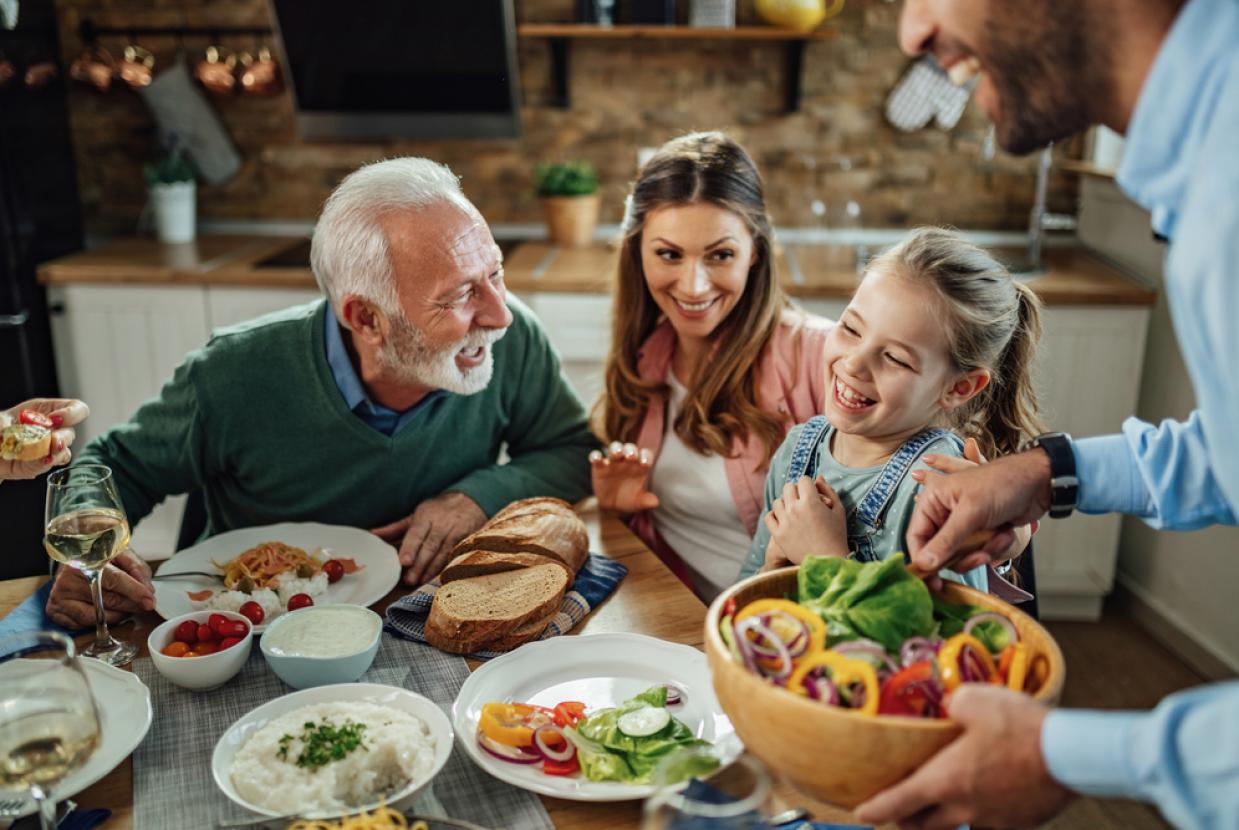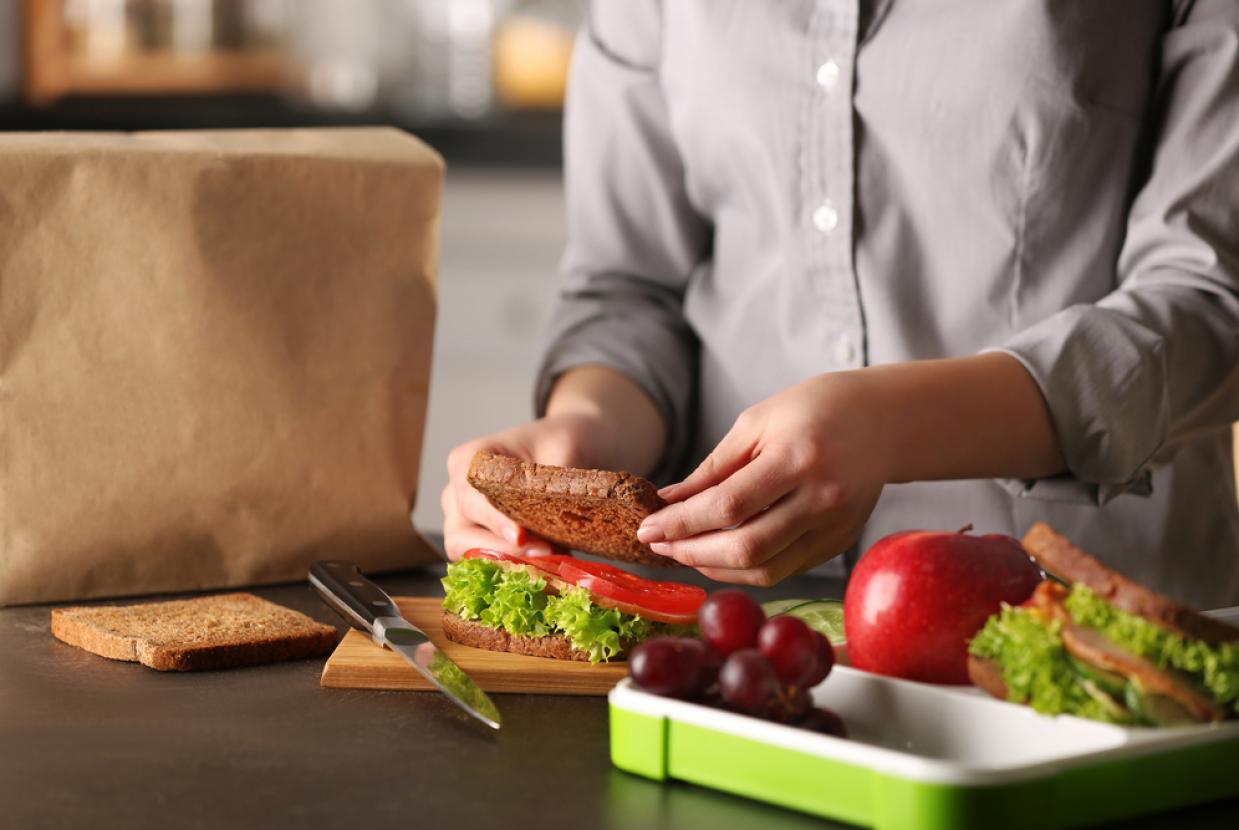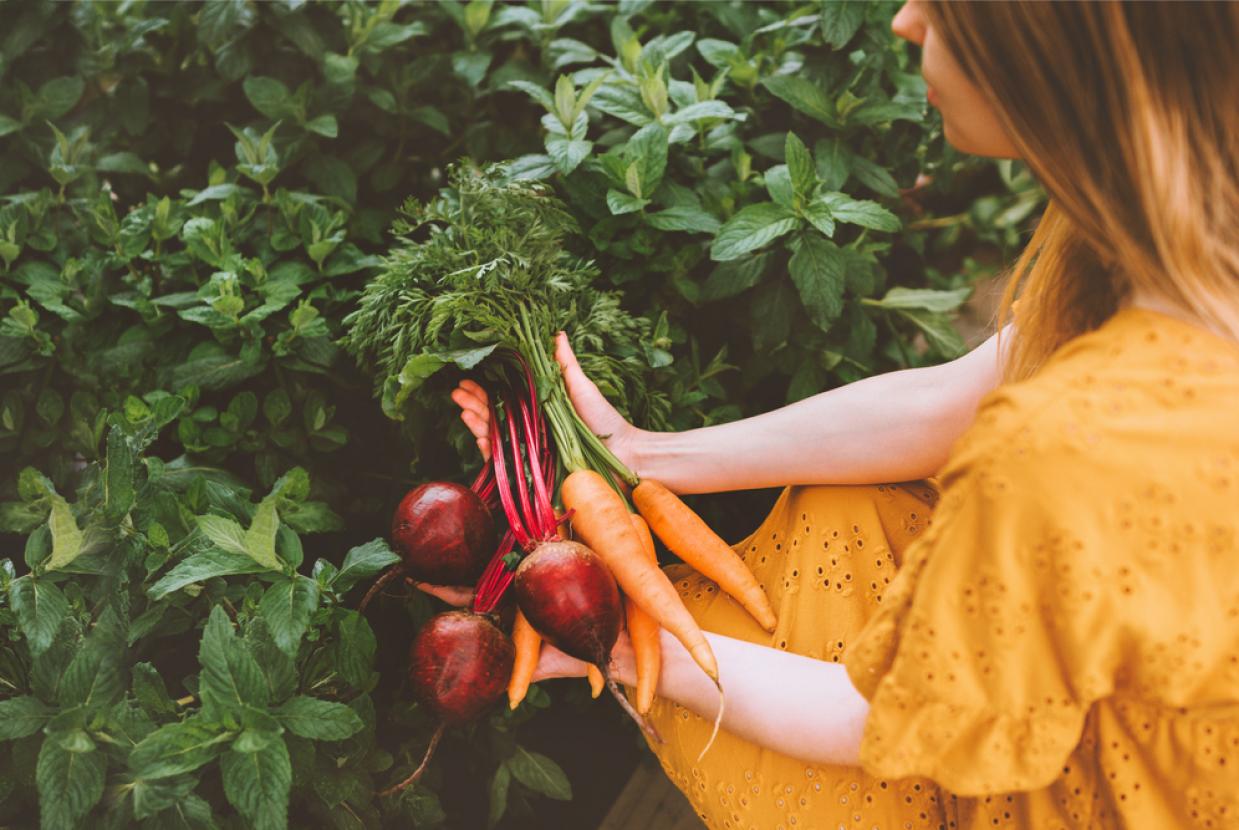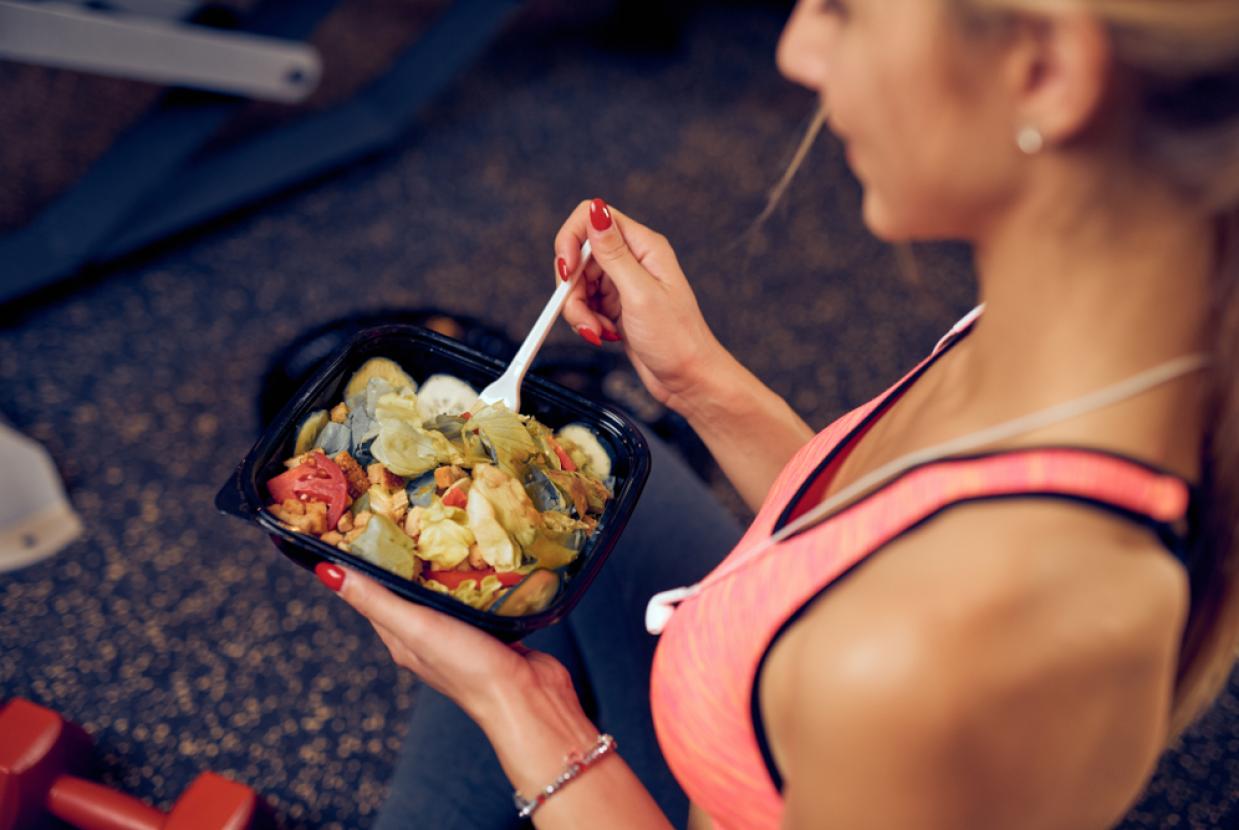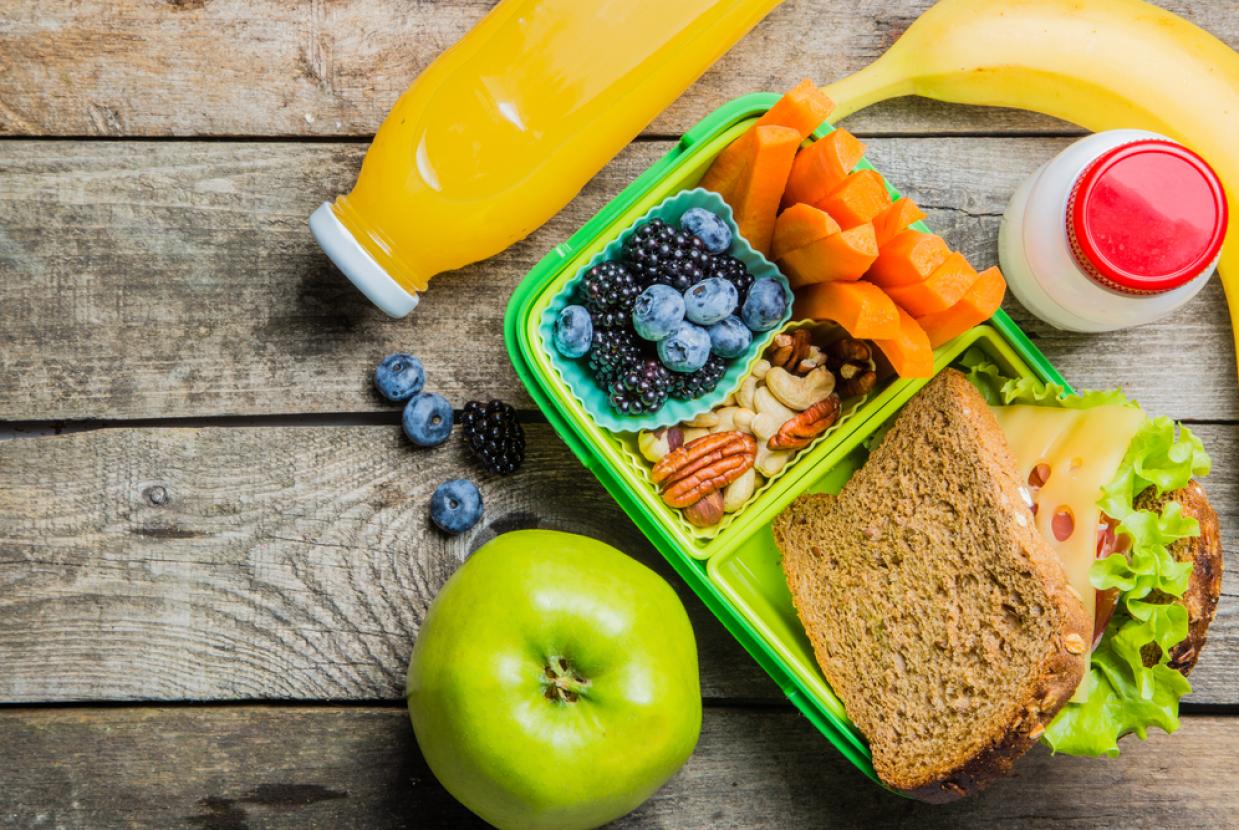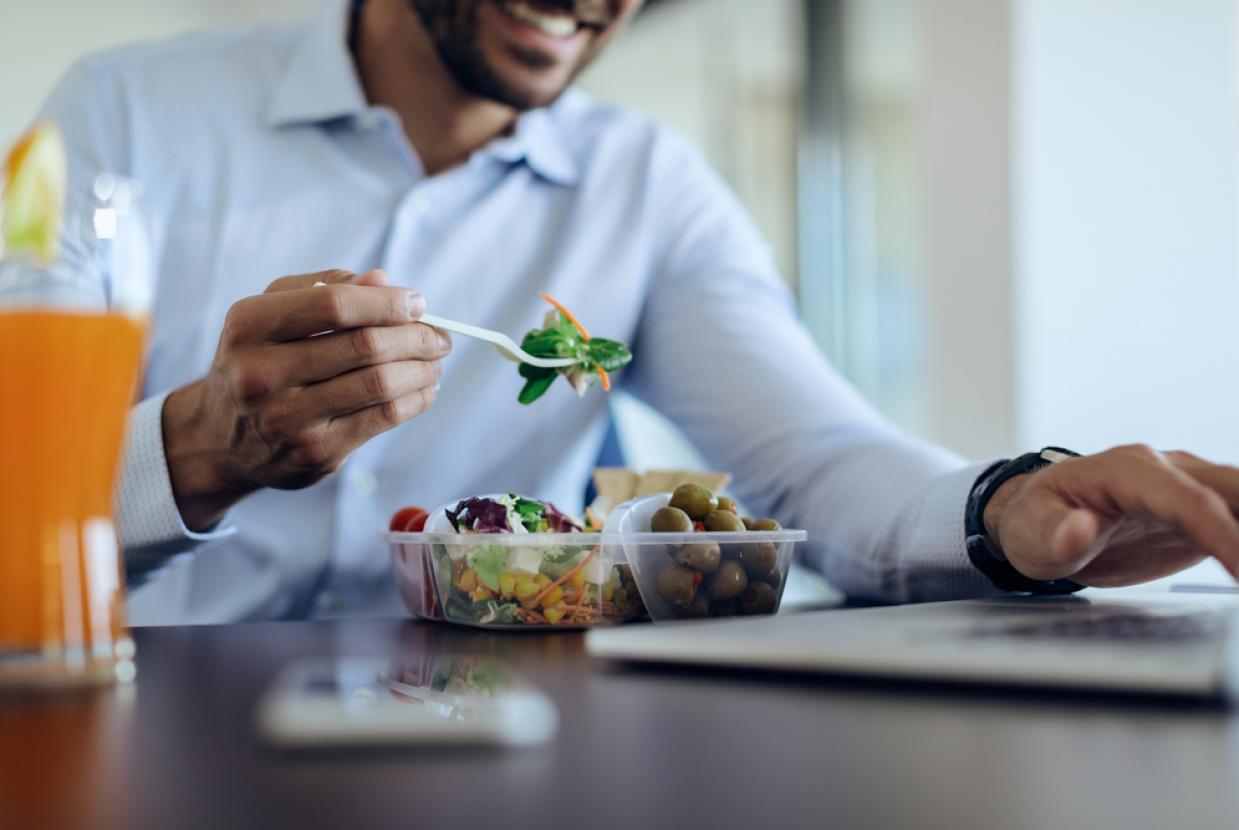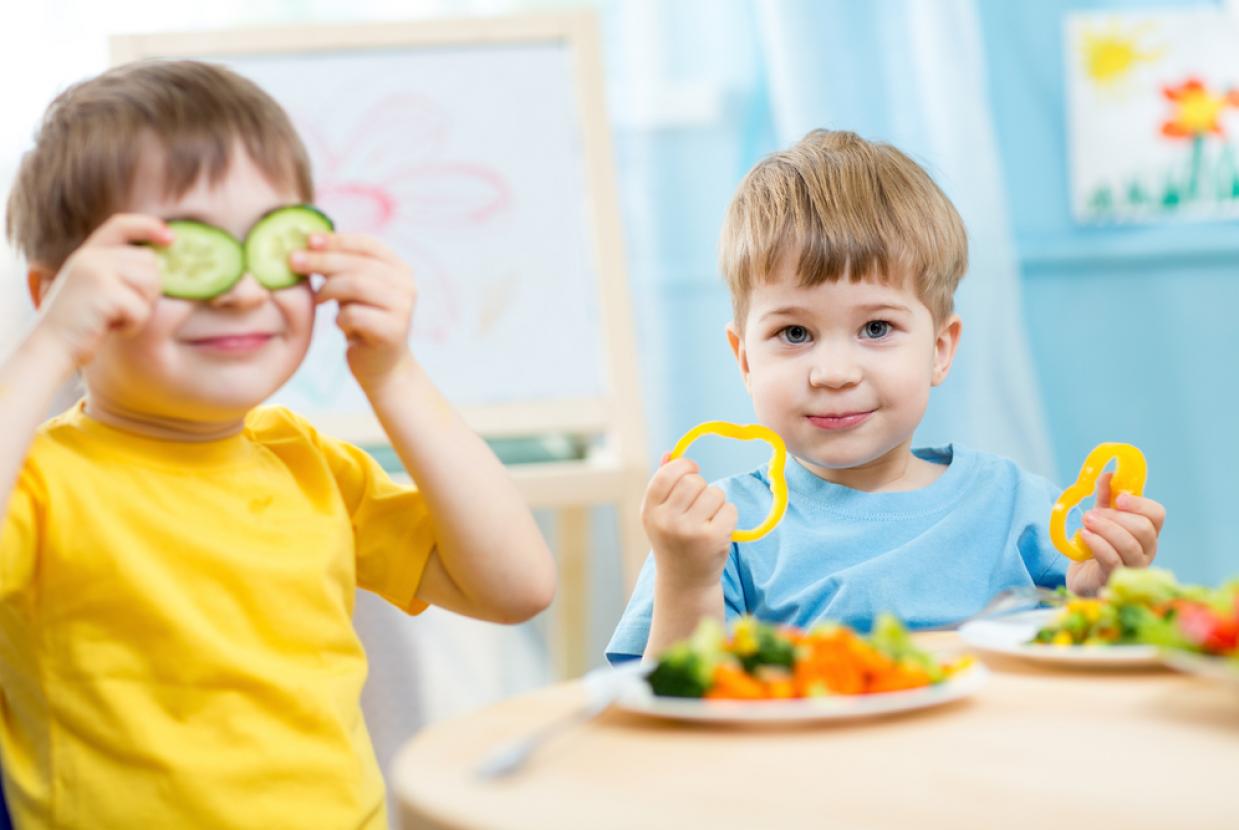Get More Fibre Into Your Diet!
Healthy DietMost of us need to eat more fibre and have fewer added sugars in our diet. Eating plenty of fibre is associated with a lower risk of heart disease, stroke, type 2 diabetes and bowel cancer.
Government guidelines published in July 2015 say our dietary fibre intake should increase to 30g a day, as part of a healthy balanced diet. As most adults are only eating an average of about 18g day, we need to find ways of increasing our intake.
Children under the age of 16 don't need as much fibre in their diet as older teenagers and adults, but they still need more than they get currently:
- 2 to 5 year-olds: need about 15g of fibre a day
- 5 to 11 year-olds: need about 20g
- 11 to 16 year-olds: need about 25g
On average, children and teenagers are only getting around 15g or less of fibre a day. Encouraging them to eat plenty of fruit and vegetables and starchy foods (choosing wholegrain versions and potatoes with the skins on where possible) can help to ensure they are eating enough fibre.
Why do we need fibre in our diet?
There is strong evidence that eating plenty of fibre (commonly referred to as roughage) is associated with a lower risk of heart disease, stroke, type 2 diabetes and bowel cancer.
Choosing foods with fibre also makes us feel fuller, while a diet rich in fibre can help digestion and prevent constipation.
Tips to increase your fibre intake
It's important to get fibre from a variety of sources, as eating too much of one type of food may not provide you with a healthy balanced diet.
To increase your fibre intake you could:
- Choose a higher-fibre breakfast cereal such as plain wholewheat biscuits (like Weetabix) or plain shredded whole grain (like Shredded wheat), or porridge as oats are also a good source of fibre.
- Go for wholemeal or granary breads, or higher fibre white bread, and choose wholegrains like wholewheat pasta, bulgur wheat or brown rice.
- Go for potatoes with their skins on, such as a baked potato or boiled new potatoes.
- Add pulses like beans, lentils or chickpeas to stews, curries and salads.
- Include plenty of vegetables with meals, either as a side dish or added to sauces, stews or curries.
- Have some fresh or dried fruit, or fruit canned in natural juice for dessert. Because dried fruit is sticky, it can increase the risk of tooth decay, so it's better if it is only eaten as part of a meal, rather than as a between-meal snack.
- For snacks, try fresh fruit, vegetable sticks, rye crackers, oatcakes and unsalted nuts or seeds.
Fibre in your daily diet
Listed below is the fibre content of some example meals.
Fibre at breakfast
Two thick slices of wholemeal toasted bread (6.5g of fibre) topped with one sliced banana (1.4g) and a small glass of fruit smoothie drink (1.5g) will give you around 9.4g of fibre.
Fibre at lunch
A baked jacket potato with the skin on (2.6g) with a 200g portion of reduced-sugar and reduced-salt baked beans in tomato sauce (9.8g) followed by an apple (1.2g) will give you around 13.6g of fibre.
Fibre at dinner
Mixed vegetable tomato-based curry cooked with onion and spices (3.3g) with wholegrain rice (2.8g) followed by a lower fat fruit yoghurt (0.4g) will give you around 6.5g of fibre.
Bear in mind that fruit yoghurts can sometimes be high in added sugars, so check the label and try to choose lower-sugar versions.
Fibre as a snack
A small handful of nuts can have up to 3g of fibre. Make sure you choose unsalted nuts, such as plain almonds, without added sugars.
Total: Around 32.5g of fibre.
Fibre on food labels
The above example is only an illustration, as the amount of fibre in any food can depend on how it is made or prepared and on how much of it you eat.
Most pre-packaged foods have a nutrition label on the side or back of the packaging, which often gives you a guide about how much dietary fibre the food contains.





